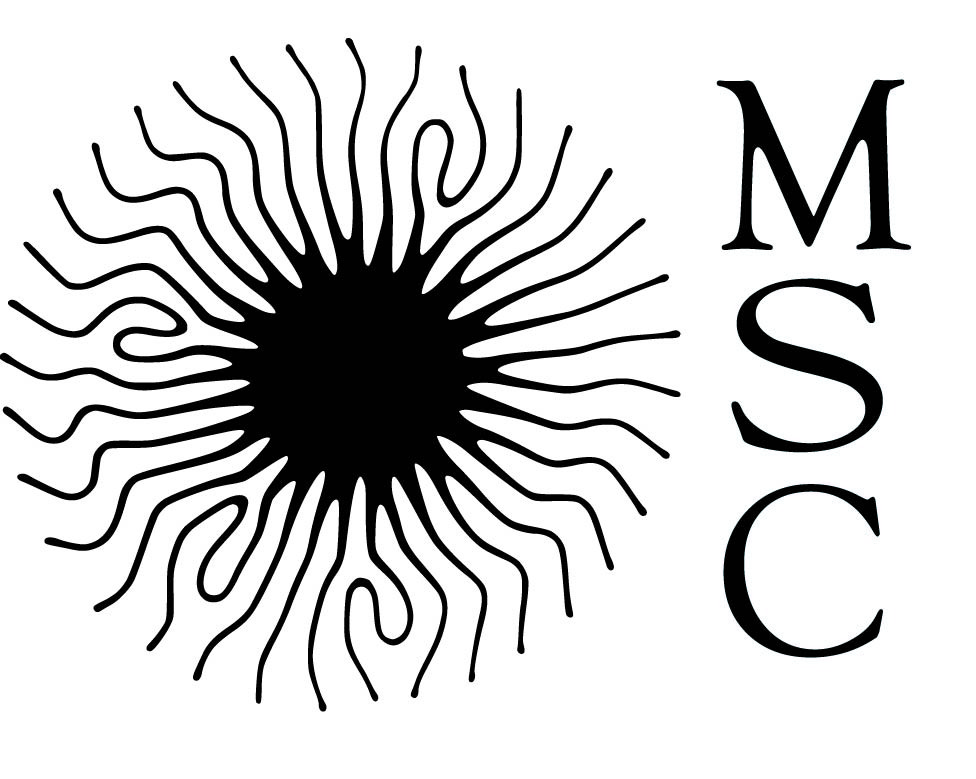Présentation
Le laboratoire MSC est un laboratoire de physique macroscopique fortement pluridisciplinaire, notamment par ses interfaces avec le monde vivant et l’environnement. Il s’intéresse à l’émergence et à l’utilisation de la complexité dans une grande variété de situations.



© MSC
Les trois principaux domaines de recherche du laboratoire, que nous explorons théoriquement, sont :
La physique non linéaire au sens large (y compris l’hydrodynamique et la physique des milieux granulaires).
La physique de la matière molle.
La physique des interfaces avec la chimie, la biologie et la médecine.
L’expertise du laboratoire s’étend des aspects fondamentaux et théoriques aux matériaux (en particulier ceux issus de la matière molle, leur rhéologie complexe, leurs propriétés de surface, leur mouillage, etc. ), à la géophysique (travaux sur les dunes, l’érosion ou la détection de contaminants dans l’environnement), à l’agronomie (croissance et dynamique des plantes), et à l’ingénierie biomédicale (développement de méthodes de diagnostic ou de nouveaux principes de traitement, nanotoxicologie, thérapie cellulaire, ingénierie tissulaire, contrôle de l’expression des gènes… ).
Le laboratoire est structuré en cinq équipes, avec une forte porosité thématique et personnelle entre les équipes, source d’interactions. Ces équipes sont complétées par une équipe de soutien à la recherche composée d’ingénieurs et de techniciens aux compétences pluridisciplinaires en conception, mécanique, informatique, instrumentation, électronique, chimie et biologie.
Lire la suite

Dyscontractilité utérine dans l’endométriose
A l'occasion de la conférence annuelle de la Fondation pour la Recherche sur l'Endométriose qui s'est tenue le 14 octobre 2025 à Paris, Dr. Nicolas Chevalier, chargé de recherche CNRS au laboratoire MSC, a présenté les mécanismes fondamentaux de la contractilité...

“Elles explorent sans cesse leur environnement, en quête d’un tuteur”
Le quotidien "Le Monde" a commis dans son édition du 5 décembre 2025 un article dédié aux vrilles des plantes grimpantes et interviewé dans ce cadre un spécialiste du laboratoire MSC, Dr. Drazen Zanchi. Extrait de l'intégralité de l'article à retrouver sur le...

Eric Falcon reçoit le prix Joannidès de l’Académie des Sciences
Eric Falcon, directeur de recherche CNRS, s'est vu décerné le prix Joannidès de l'Académie des Sciences le mardi 28 octobre 2025. Tout le laboratoire MSC le félicite pour cette récompense ! Éric Falcon étudie la turbulence d’ondes, les solitons, les milieux...

Capturer les polluants grâce à des polymères
Comment trouver un équilibre entre la sélection judicieuse de polymères éventuellement renforcés, l'amélioration des propriétés mécaniques et structurelles des matériaux ainsi que leurs capacités d'absorption, pour faciliter la capture simple ou multiple de polluants...
